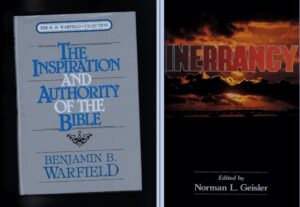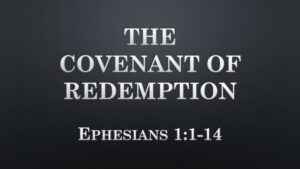 Inerrancy Defined and Defended. KP10-IAB-06/10
Inerrancy Defined and Defended. KP10-IAB-06/10
A. Definition of inerrancy: “When all the facts become known, they will demonstrate that the Bible in its original autographs and correctly interpreted is entirely true and never false in all it affirms, whether relative to doctrine or ethics or the social, physical or life sciences” (Paul Feinberg).
Three qualifications: 1) Inerrancy applies equally to all parts of the Scripture as originally written (autographa). 2) Inerrancy is intimately tied up with hermeneutics. 3) Inerrancy is related to Scripture’s intention. 4) Inerrancy applies equally to all parts of the Bible as originally written. This means that no present manuscript or copy of Scripture, no matter how accurate, can be called inerrant. As such, the goal of textual criticism – Not inspired codex, but inspired text.
B. Inerrancy is defined in terms of truth and falsity rather than in terms of error. Inerrancy covers all areas of knowledge. Inerrancy is not limited to matters of soteriological or ethical concern.
C. Inerrancy is affirmed throughout church history (John Woodbridge).
D. Spectrum or typology of views on inerrancy.
E. Clearing common misunderstandings about inerrancy.
Common Charge: No existing original manuscripts. Therefore inerrancy is meaningless.
Answer: Difference between Inerrant Word(text) vs Inspired-Inerrant Codex.
Conclusion: Inerrancy means having an advance commitment to receive as truth from God all that scripture is found on inspection actually to teach (J. I. Packer).
You may view the video at
Inerrancy Defined and Defended. KP10-IAB-06/10



 ———————–
———————–